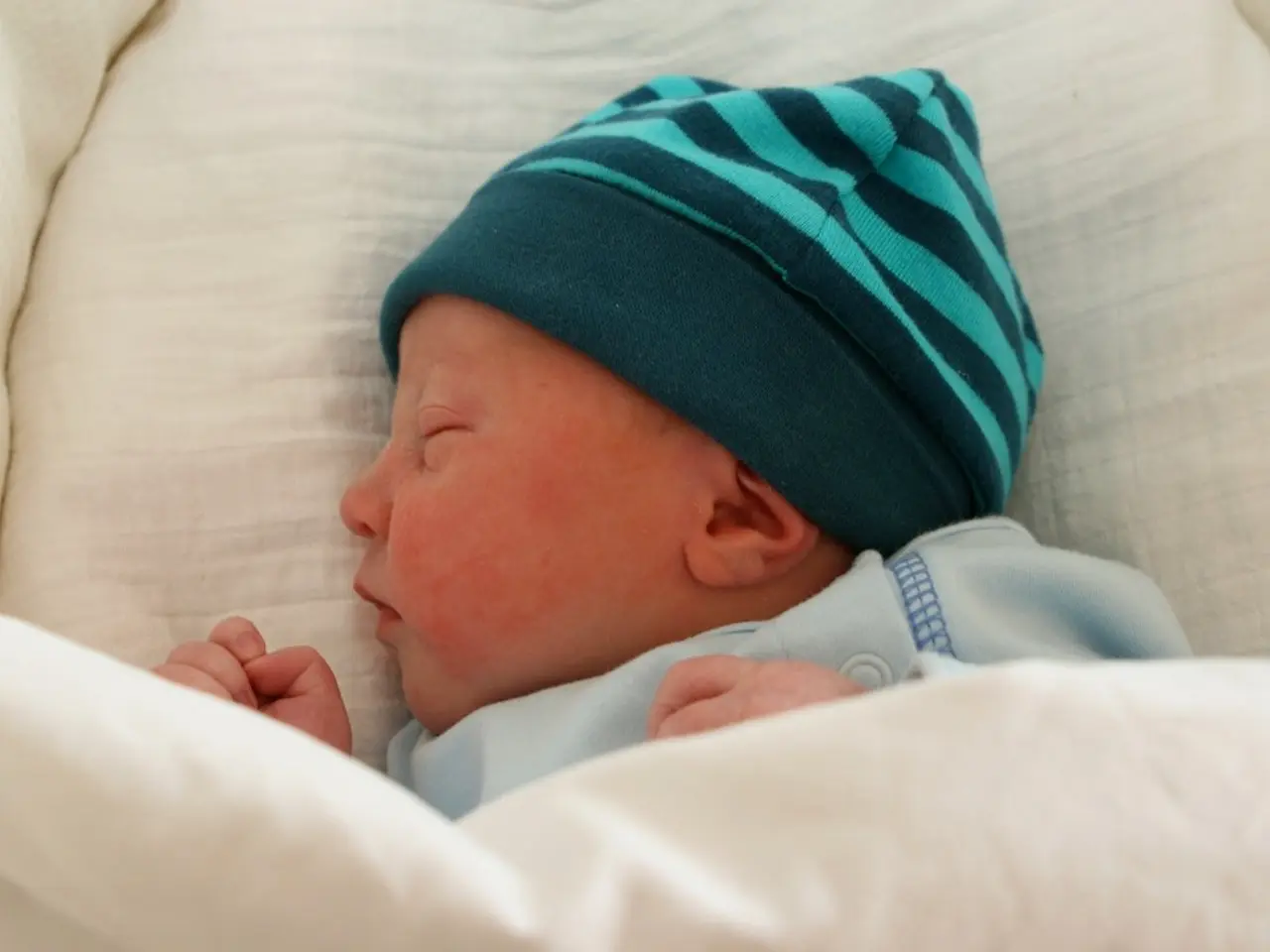Parental Depression and Bonding Issues Linked to Infant Sleep Problems
A recent study, conducted in the United States, has shed light on the impact of parental depression and bonding issues on infant sleep disturbances. The research, which followed over 1,200 families, found that depressive symptoms in both parents increased the risk of sleep problems in infants.
The study, published in the Journal of Developmental & Behavioral Pediatrics, tracked 1,299 mothers and 1,211 fathers, with 1,301 parents assessing infant sleep disturbances at eight months and 950 at two years. It found that maternal depression directly affected infant sleep and also indirectly influenced it through bonding problems. Maternal bonding difficulties at eight months were linked to sleep disturbances in infants at both eight months and two years. These disturbances included total sleep disturbances, difficulty falling asleep, frequent night awakenings, and sleep-association disturbances. Interestingly, paternal bonding issues did not show a direct connection to infant sleep disturbances.
The study suggests that early support for maternal bonding and addressing depressive symptoms in both parents may help reduce infant sleep disturbances and improve overall family well-being.
The findings highlight the importance of addressing parental mental health and supporting maternal bonding in the early stages of infancy. This could potentially reduce infant sleep disturbances and enhance family well-being. Further research is needed to confirm these findings and explore potential interventions.




